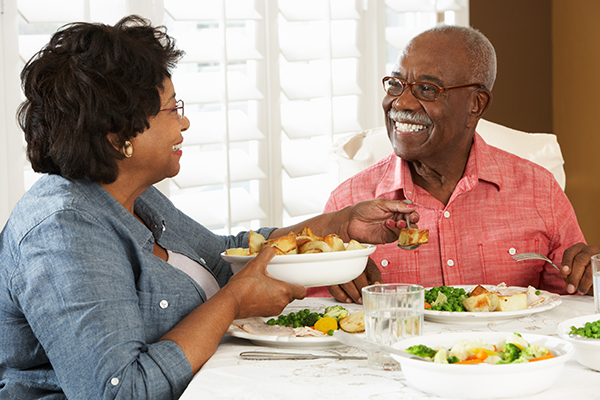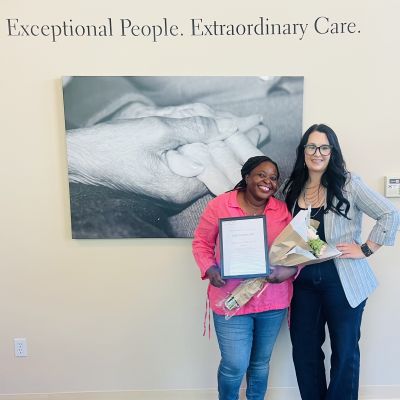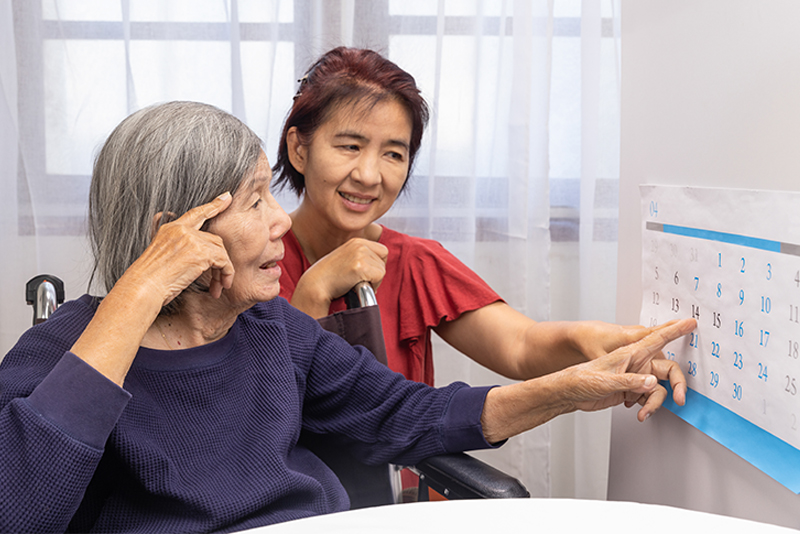New Guidelines and Recommendations for Diabetes Management


Important new diabetes management guidelines for seniors from the Endocrine Society.
The latest guidelines from the Endocrine Society concerning diabetes management and the elderly are unexpected, to say the least: lower blood sugar isn’t always best. And for individuals who’ve been maintaining a routine of finger pricks, insulin injections, and keeping careful track of food intake, this alteration may be a bit hard to swallow.
Known as de-intensification, geriatricians are now often taking the strategy with older adults that the benefits to be attained by aiming for rigid blood sugar control are not outweighing the health risks inherent with aging and illness. When A1c and blood sugar levels are held at low levels in the elderly, for instance, it may possibly result in an increased frequency of hypoglycemia and also kidney failure.
With up to one in three older adults currently diagnosed with diabetes, these new guidelines are positioned to have an astounding impact on the treatment and management of the disease for the elderly, necessitating a change in mindset for all.
And not surprisingly, many older diabetics are hesitant to welcome this change. In one patient’s statement to Dr. Pei Chen, a geriatrician in the geriatric clinic at the University of California, San Francisco, “I’ve been doing this for 25 years. You don’t need to tell me what to do. I can handle it.”
The latest guidelines recommend an increase in A1c from 7 to 7.5% for seniors who are in good health; and up to 8 – 8.5% for all those with dementia, multiple chronic illnesses, or poor health. It is critical to note, however, that recommendations are highly individualized based on a number of factors, and that at no time should high blood sugar levels be dismissed in the elderly.
Hired Hands Homecare can help aging adults follow physicians’ guidelines to control diabetes and a number of other conditions with professional, customized, in-home care services for seniors. Just a few of the various ways our compassionate care team can help include:
- Food shopping to guarantee the senior has plenty of healthy food choices accessible
- Meal planning and preparation in adherence to any prescribed dietary plans
- Transportation and accompaniment to health appointments, tests, and procedures
- Assistance with engaging in doctor-approved physical exercise programs
- Medication reminders to ensure prescriptions are taken at the proper time as well as in the appropriate dose
- And much more!
Contact us online or call us at (866) 940-4343 to ask about an in-home assessment in your area and learn how we can help with respite care Pleasanton and the surrounding areas trust most.








Leave a Reply